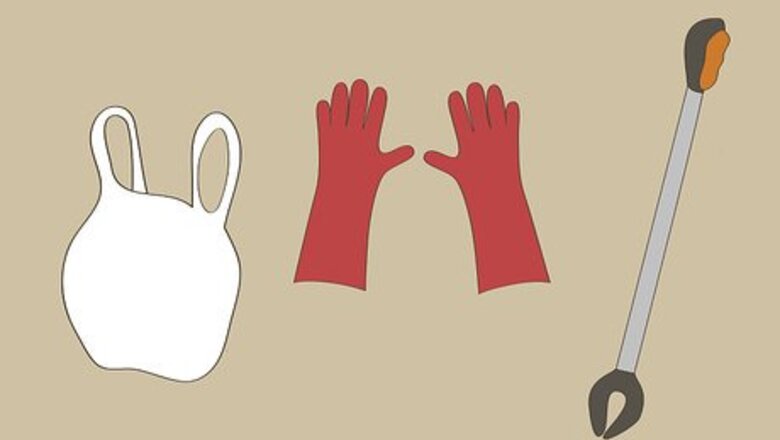
views
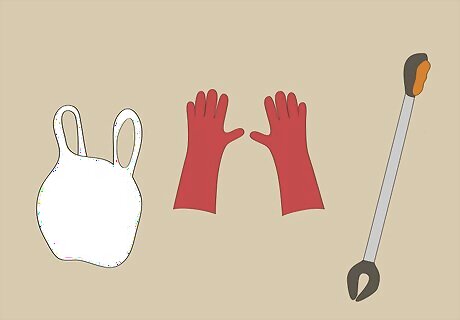
Take a spare rubbish bag with you whenever you visit the beach. Take along a garden glove also if you don't want to pick up anything by hand, or a mechanical grabber in case you spot syringes and other nasty things on the beach. Make it part of your beach visit to collect at least 5 minutes worth of rubbish off the beach before you leave. Always dispose of your rubbish bag in a proper place of disposal. If you cannot find a proper bin near the beach, take the rubbish home and dispose of it using your own waste disposal methods.
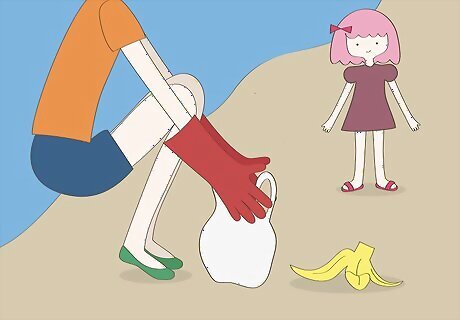
Encourage each family member to do the same. While showing by example, also encourage them to do the same. Teach children how to safely pick up rubbish without harming themselves. If an area is known for drug use, don't have children picking up rubbish. For yourself, wear solid shoes to avoid getting an accidental needlestick injury. And wear proper gloves and carry mechanical litter pick-up devices. Teach children to never stick their fingers inside anything, be it a container, shell or whatever else that creates a possible hiding spot for an animal that might sting, bite or shoot barbs. Some animals, such as the blue ringed octopus, live inside human rubbish like drink cans and can deliver a fatal bite or sting if handled unawares.
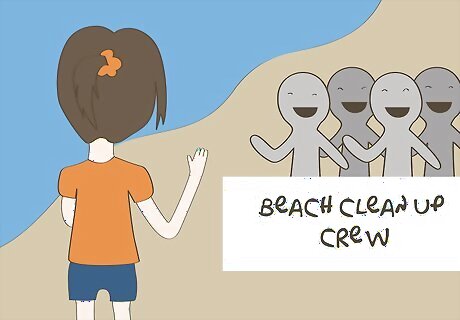
Look for local conservation groups who run regular beach cleanups. Join up and be a regular volunteer helping to keep your local beach clean. Attend their meetings to learn more about what they're doing, where they're focusing and for rubbish collection tips.
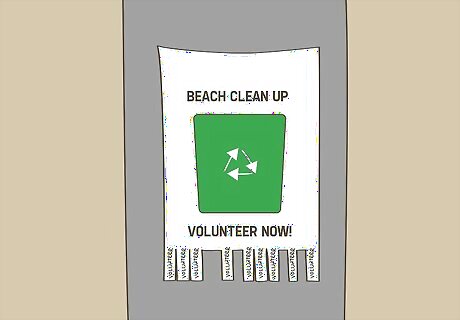
Participate in special events aimed at cleaning up the coastline. There are several special events every year targeted at caring for the ocean, the shoreline, beaches and other seaside related areas. Some of these activities may include replanting sea grasses or dune grasses to help conserve the dunes and shoreline and to provide fish breeding habitats, so it's not all about rubbish!
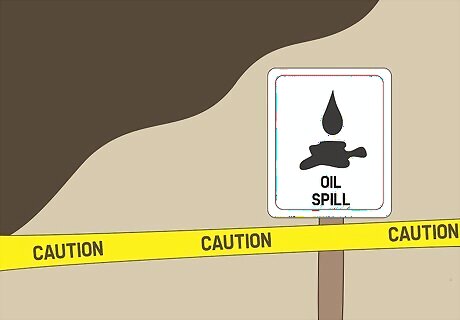
Get involved when there's an oil spill. When oil spills happen, they inevitably end up on shore killing wildlife and harming the beach environment. You can often become part of the cleanup operations by joining groups that need and train volunteers in cleaning birds, cleaning the sand, and other helpful ways of cleaning up. Check the websites of local conservation organizations and local government environment sites for details specific to the event as it happens.

Encourage others to help keep the beach clean. Inform people where the rubbish bin is when you see them throw litter on the beach. Encourage people you know to get involved with beach cleanup events; even often to drive them there or to buddy up with them. Volunteer some of your time to help shepherd school students doing beach cleanups. You can explain to them what to do and keep an eye on their progress to help out the teachers bringing them to the event.
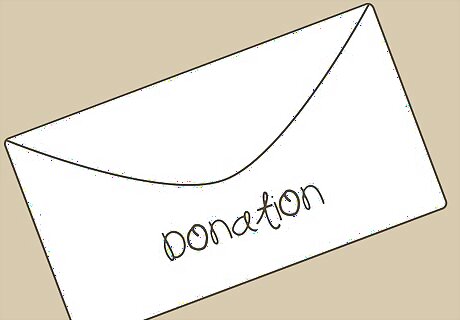
Help others who clean up beaches by making donations. Most societies, organizations and groups that clean up beaches need funds and help at all times, so your donations of time and money will always be appreciated.
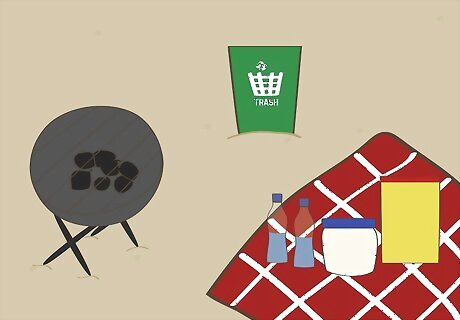
Take food in reusable containers. Have a picnic or a barbecue at the beach but make it one where everything you take goes back home with you and you leave no trace of your meal. This can be a reward after a beach cleanup, especially for a group but make sure everyone understands the importance of bringing along sustainable food and eating gear.



















Comments
0 comment